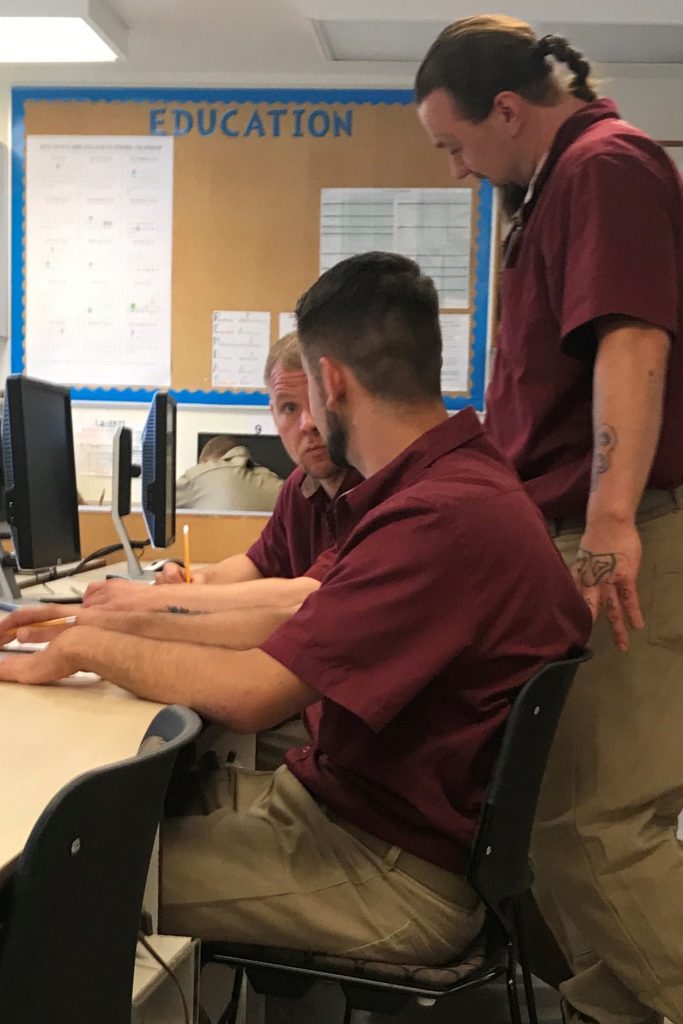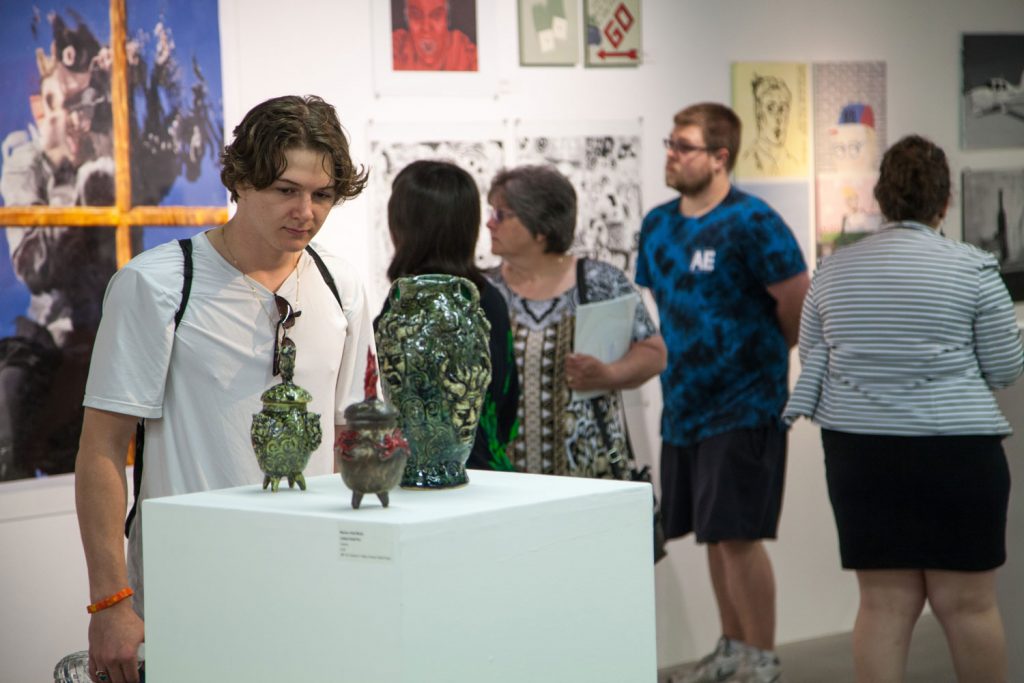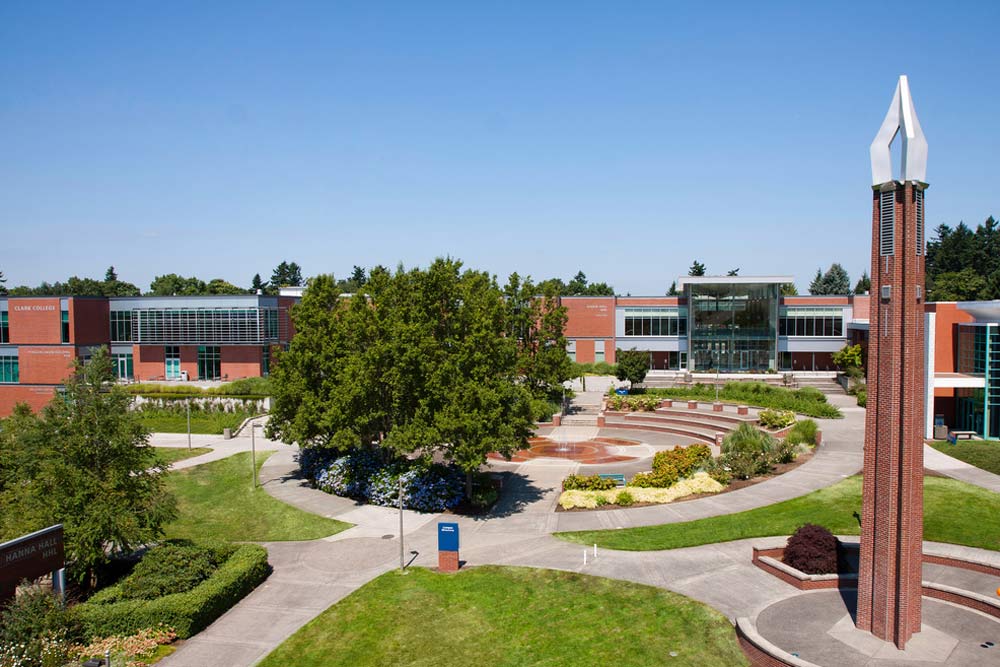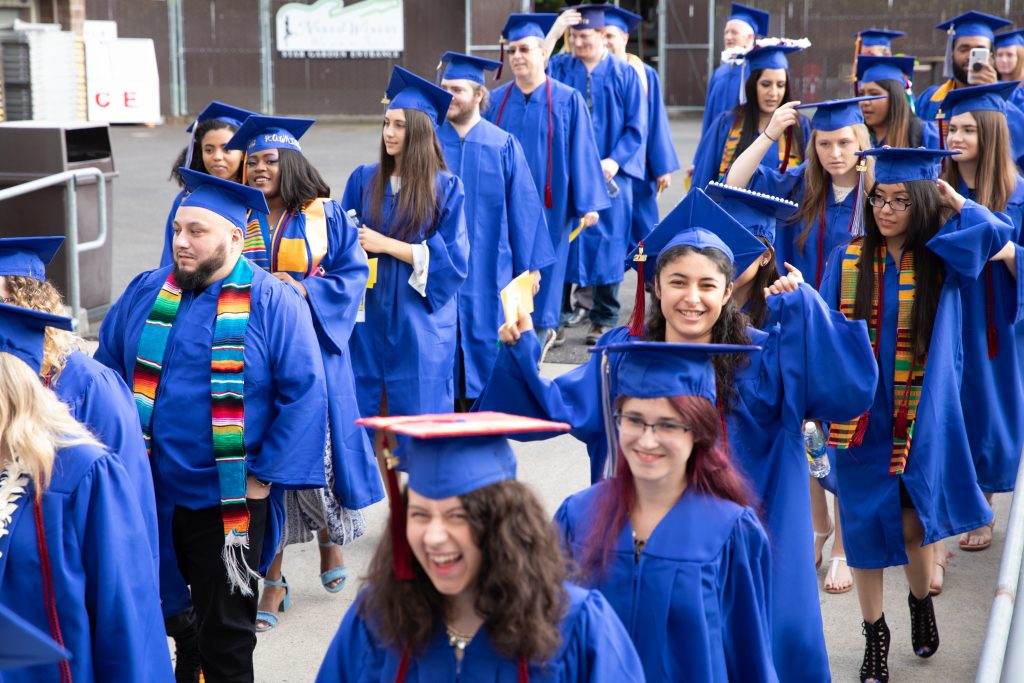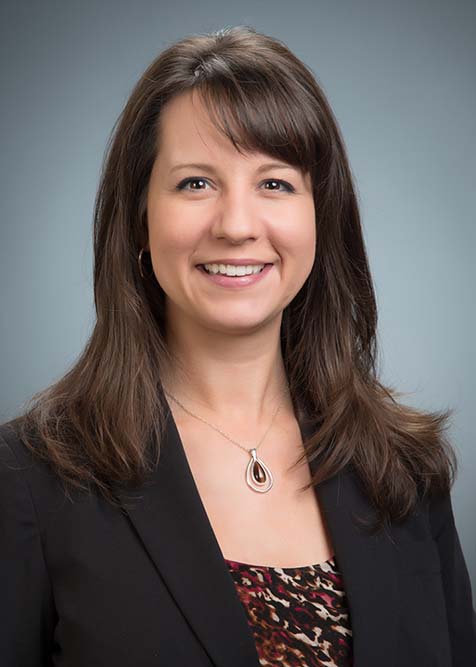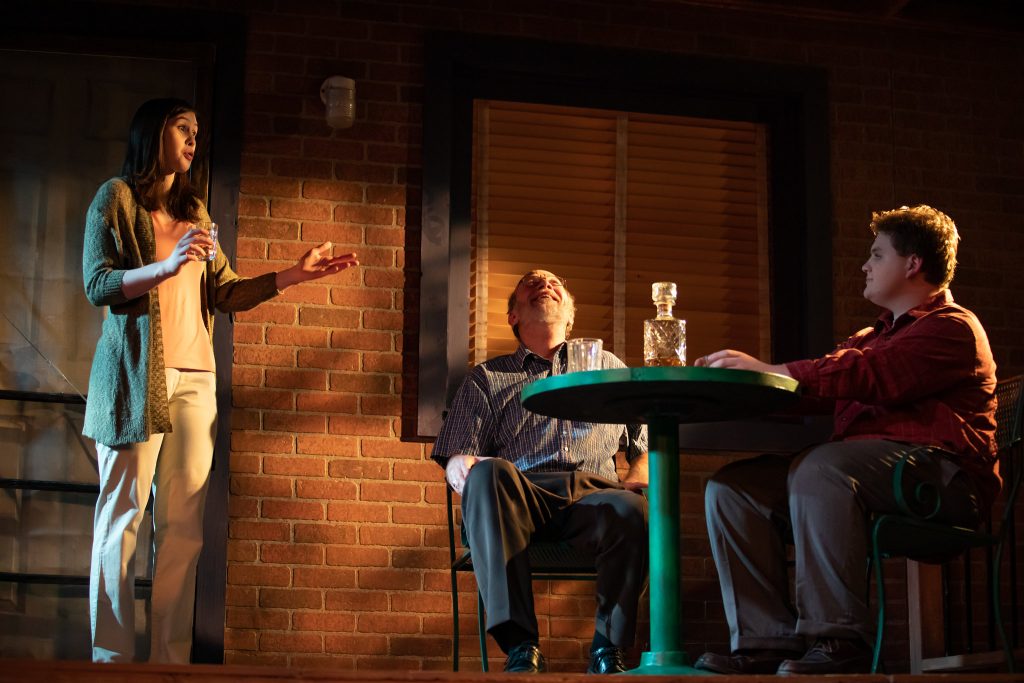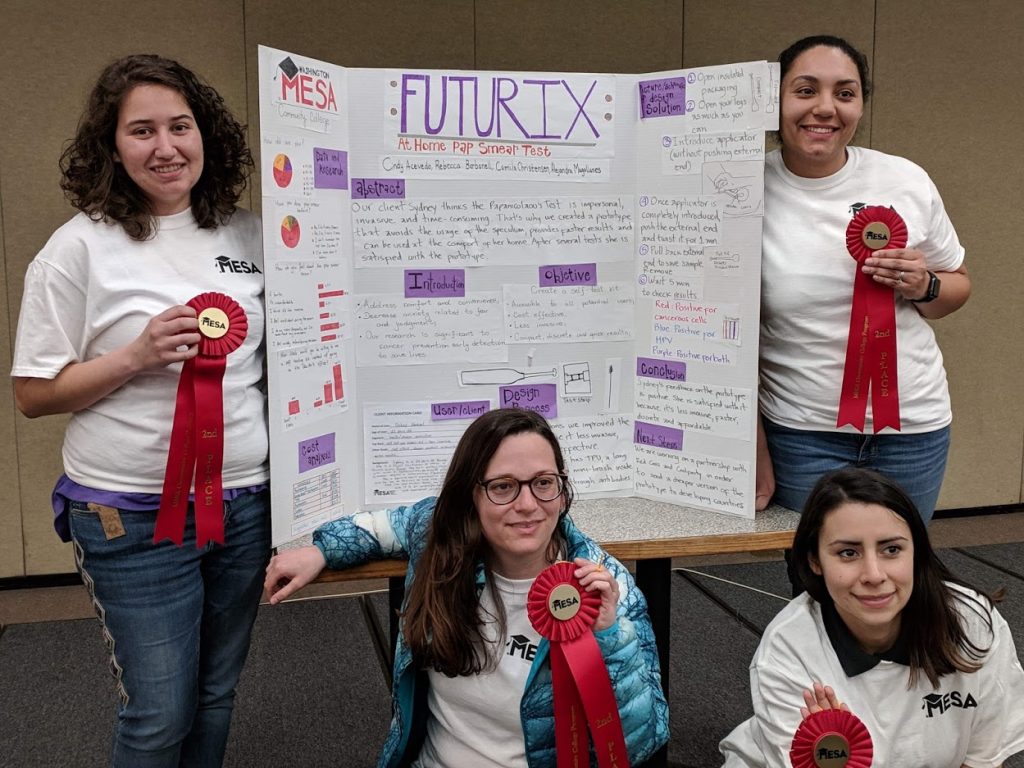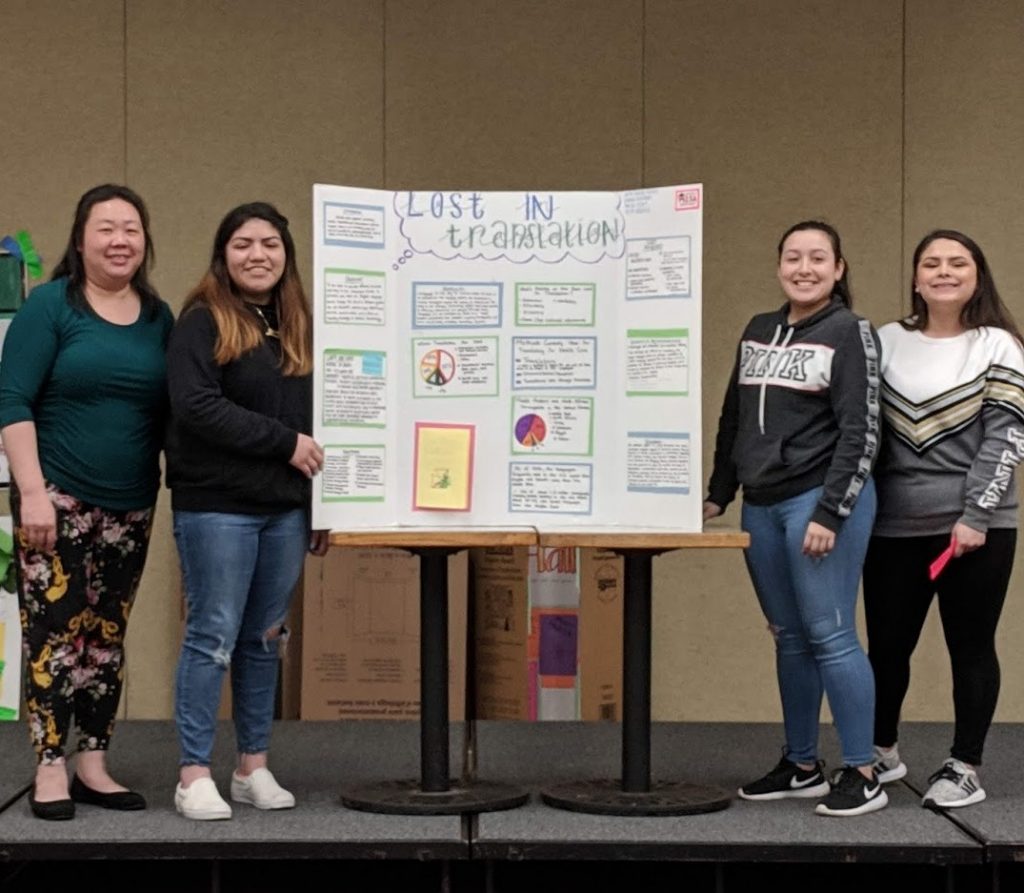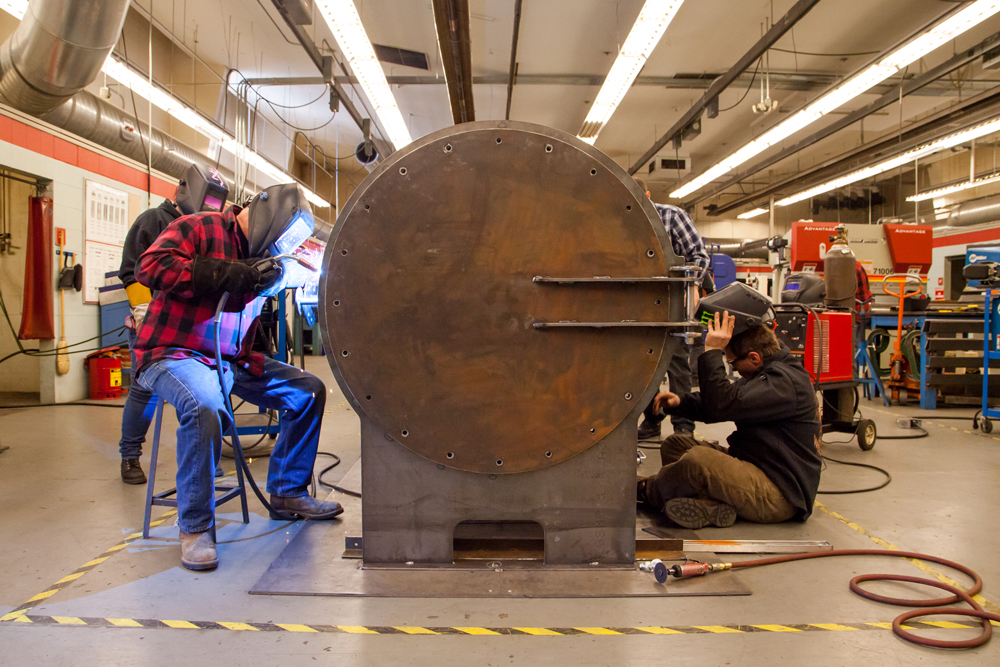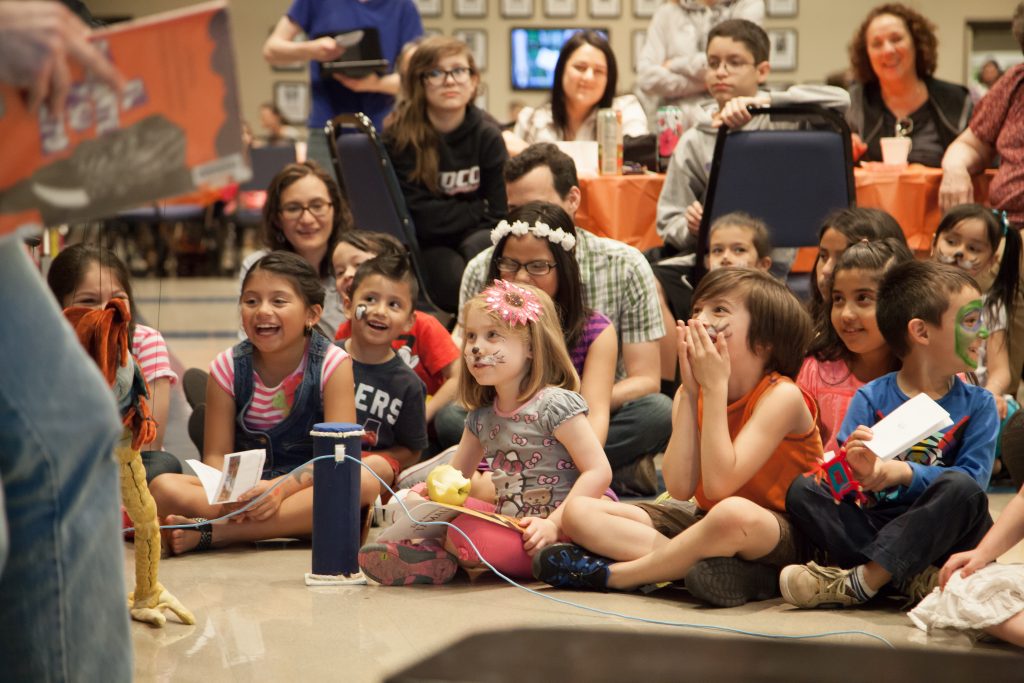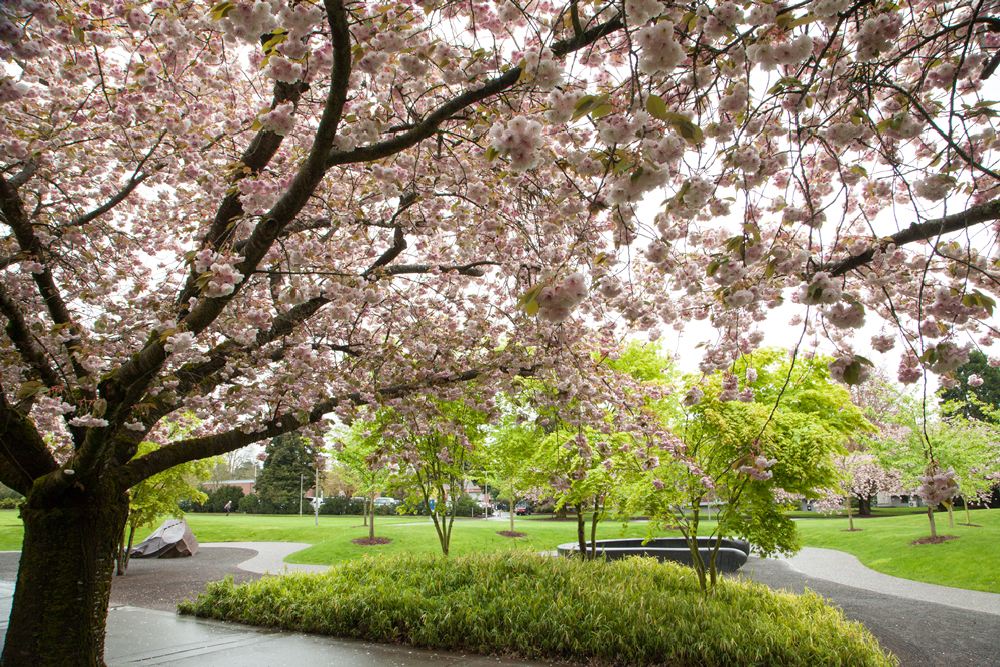Exceptional Faculty
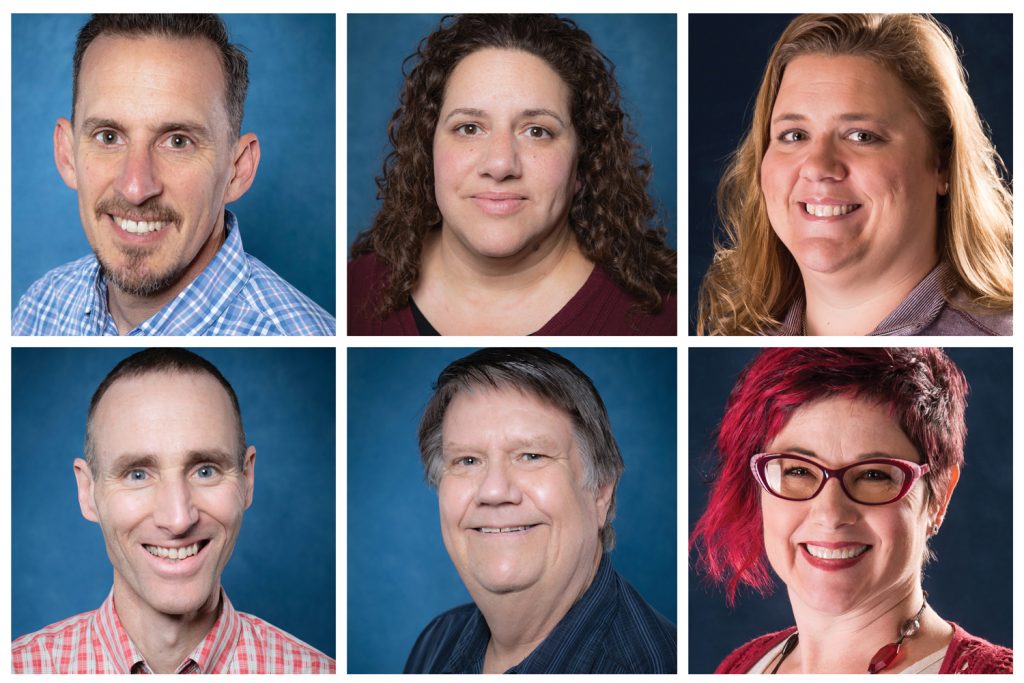
During the 2019 Commencement ceremony, President Robert K. Knight announced the names of the recipients of the 2019 Clark College Exceptional Faculty Awards. The awards are presented annually to full-time and part-time faculty members. Nominations can be submitted by Clark College students, faculty, classified employees, administrators, alumni, Board members, and Foundation directors.
The awards are made possible through an endowed trust fund established by the Washington State Legislature and the Clark College Exceptional Faculty Endowment Fund, which was established in 1993. That fund provides recognition of exemplary work performance, positive impact on students, professional commitment, and other contributions to the college.
This year’s Exceptional Faculty members are:
Dr. Karl Bailey,
Chemistry
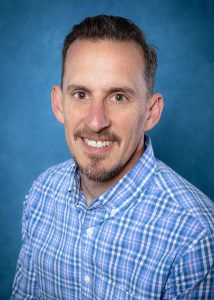
Dr. Karl Bailey has taught chemistry at Clark College for the past 13 years. He served as chair of the chemistry department from 2012 to 2016 and has had a key leadership role in the college’s implementation of the Guided Pathways model of higher education, which works to eliminate “achievement gaps” between different populations of students.
Dr. Bailey holds a bachelor’s degree in biochemistry from California Polytechnic State University and a doctorate in chemistry from the University of California, Davis. In addition to his tenure at Clark, he has taught at Everett Community College and the Florida Institute of Technology, as well as at both his alma maters.
“Dr. B continuously shows that he supports his students and will do anything to help them succeed,” wrote one student. “He has offered to help outside of office hours. … I’m a single mom fighting to succeed, and he has been there during two quarters, doing everything he can to accommodate any hardships, within reason. Teachers like him leave marks on your academic heart.”
Nadine Fattaleh,
Chemistry
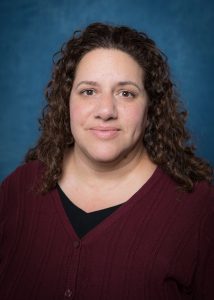
Nadine Fattaleh has taught chemistry at Clark College since 2002 and currently serves at the head of the chemistry department. She earned her bachelor’s degree in chemistry from Scripps College in Claremont, California, and her master’s degree in chemistry from Carnegie Mellon University in Pittsburgh, Pennsylvania.
Fattaleh is a member of the leadership team of the Pacific Northwest Green Chemistry Network. At Clark College, her primary teaching responsibilities are in general and organic chemistry, where she has implemented green chemistry lab experiments.
“Having taken a year of college-level chemistry before, I walked into Nadine’s class nervous because the classes I had taken in the past made no sense to me or anyone else in the class,” wrote one student in their nomination. “It turns out, though, that some educators can teach these complex concepts in a way that actually makes sense to students. Nadine sets us up for successful careers in science.”
This is Fattaleh’s second time earning the Exceptional Faculty Award, which she also won in 2010.
Deena Godwin,
Communication Studies
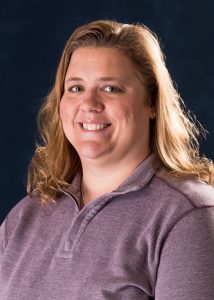
Deena Godwin has taught communications courses at Clark College since 2001. She currently serves as chair of the communications and humanities division, and served as interim dean of the college’s BEECH (Basic Education, English, Communication and Humanities) unit for two years. Over her time at Clark, she has contributed to the college community in many ways, including as advisor for the Phi Theta Kappa honor society, chair of the Associate of Arts Advisory Committee, and facilitator for many Teaching and Learning Center workshops providing professional development to Clark College employees.
Godwin earned her Bachelor of Arts degree in organizational communication from Dana College in Nebraska and her Master of Science degree in communication studies and journalism from South Dakota State University.
One student wrote in her nomination that Godwin helped her not only during class, but also after the class was over by writing her a letter of recommendation. “She not only wrote me a personalized letter, but she filled out recommender forms for five colleges for me—all of which I got into,” she wrote.
Zachary Grant,
Libraries
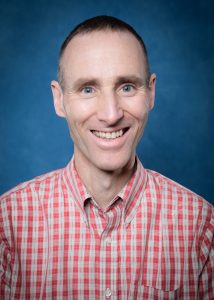
Zachary Grant’s career at Clark College Libraries began in 2005, when he interned at Cannell Library as part of his coursework to complete his master’s degree in library science from Emporia State University. He was hired into a tenure-track position at the college in 2006.
At Clark, Grant serves on the Emergency Management Planning Committee and has been active in the college’s work toward implementing the Guided Pathways model of higher education, which is focused on eliminating the “achievement gap” between different populations of students. He earned his Bachelor of Arts degree in history from Oregon State University.
Grant earns praise from colleagues for his patience and care when helping students find reliable sources for their research projects. One faculty member wrote in a nomination, “He is so concerned that the library be equally accessible to all that he began studying American Sign Language in order to be able to better communicate with Deaf students.”
Malcolm Mccay,
Economics
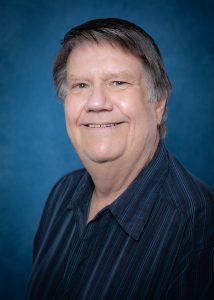
Malcolm McCay did not come to teaching until after a 20-plus year career spent working in the energy and public-utility fields, primarily providing policy and legislative analysis. In 2007, heretired from Portland General Electric, where he had served as a federal policy specialist. In 2010, he began volunteering as a tutor at Clark College, where his skill and depth of knowledge led to an offer to teach classes.
McCay earned his bachelor’s degree in economics from Humboldt State University in Arcata, California, and his master’s degree, also in economics, from the University of California, Santa Barbara.
One student wrote in their nomination that McCay “makes everyone feel important,” adding, “His teaching style really makes you start looking at the world and the history of the world in a different light. He brings to the subject a lot of examples of the effects of economics on our world and community.”
Erin Staples, Health
and Physical Education
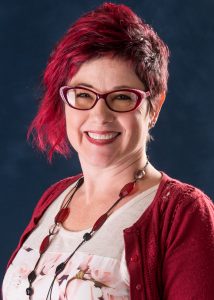
Erin Staples has taught health and physical education classes at Clark College since 2009. She has been active at Clark as a faculty academic advisor, a faculty advisor to a student club, and participant in the Curriculum and eLearning committees. She also volunteers with the YWCA SafeChoice Domestic Violence Program.
Staples earned her Bachelor of Science degree in hospitality management from the University of North Texas and her Master of Public Health in health education/healthy promotion from Portland State University. Additionally, in 2018 she earned a graduate certificate in diversity, social justice, and inclusion, which she used to revise the curriculum for a new Multicultural Health course, as well as her existing Women’s Health course.
It was taking that latter class that prompted many students to nominate Staples for this award. One wrote, “Erin is absolutely amazing! She does a wonderful job at making every student feel comfortable in her class without judgment.” Another wrote, “This instructor has taught me more about myself and helped guide me toward a better understanding of the world than any other previous instructor.”
Photos: Clark College/Jenny Shadley

